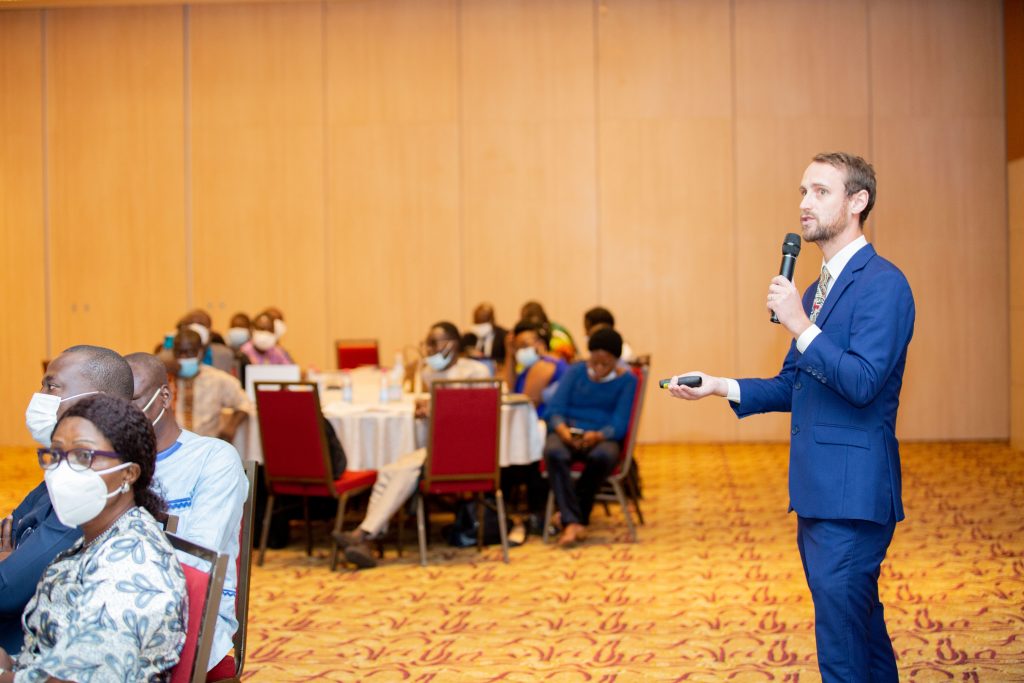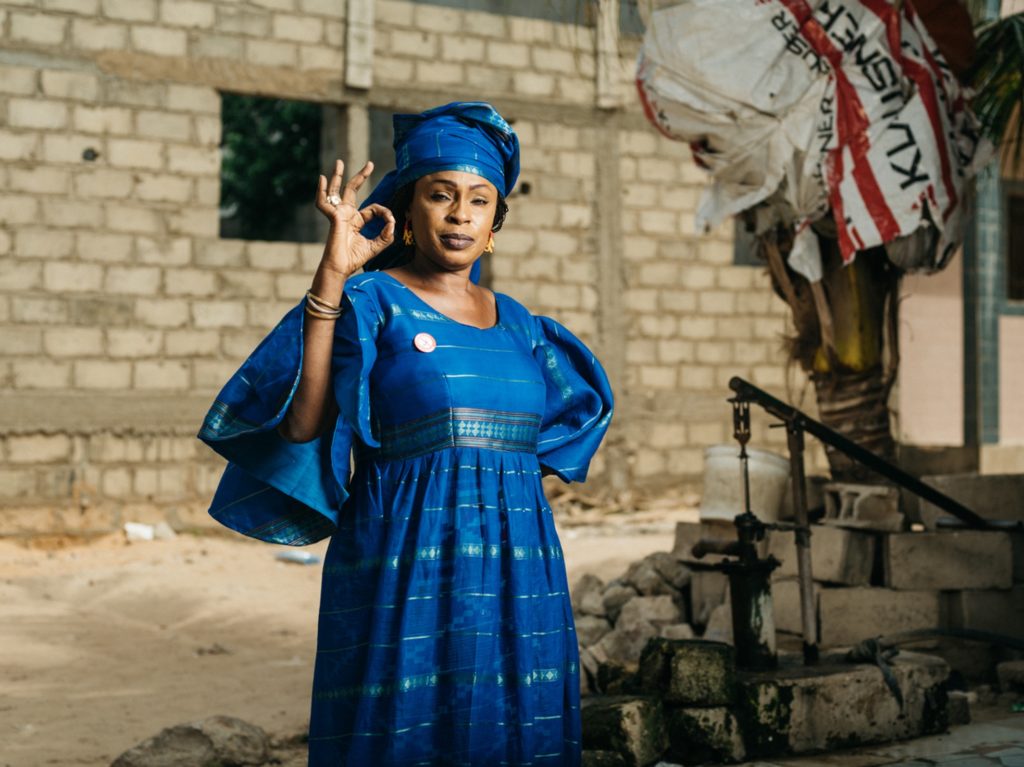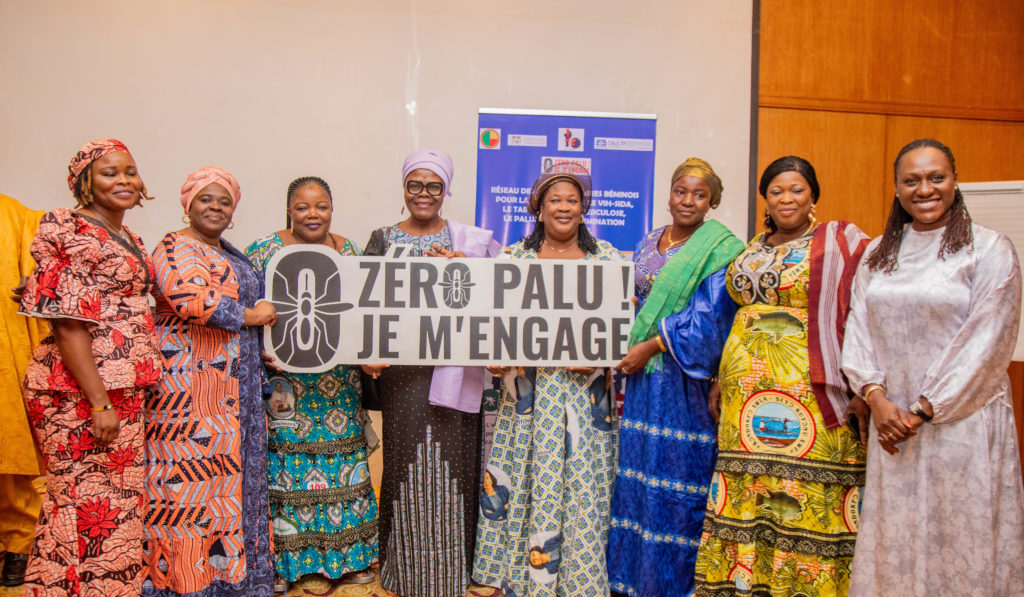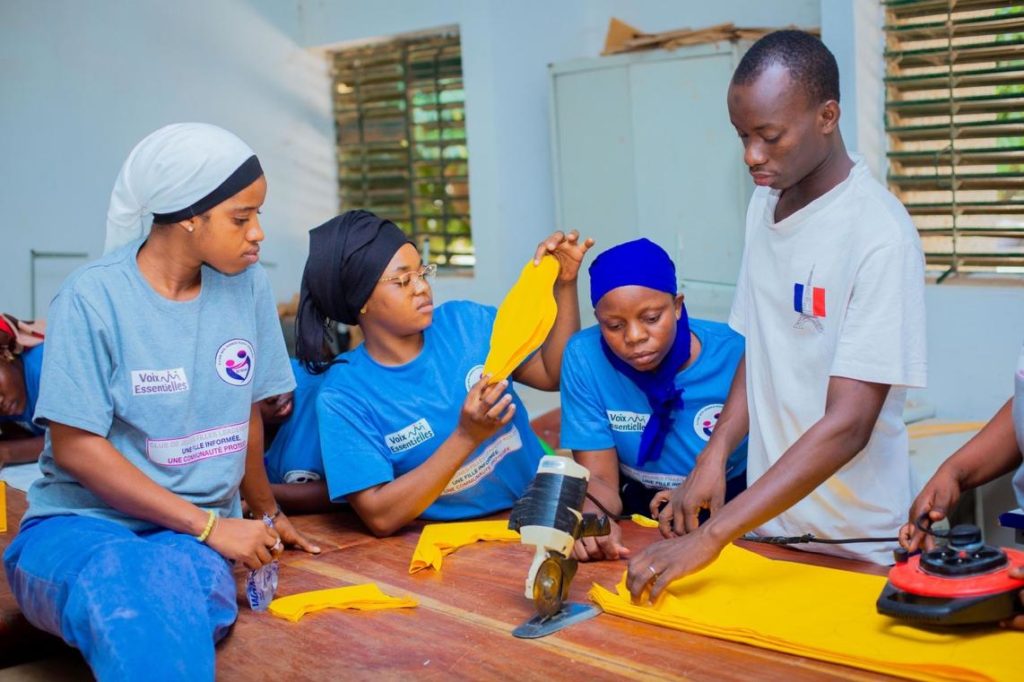Benin Adopts National Advocacy Plan to End Malaria

Since 2020, Benin has had an integrated strategic plan aimed at eliminating priority diseases such as HIV/AIDS, malaria, tuberculosis, viral hepatitis, sexually transmitted infections and diseases with epidemic potential 2020-2024 (PSNIE). This plan aims to fight these diseases in an integrated manner in order to improve the overall health of the population, especially the most vulnerable.
To date, malaria remains a serious public health problem in Benin. Nationally, it is the leading cause of hospitalization and the leading cause of death among children under 5 years of age. In 2019, 2,515,038 people were affected by malaria resulting in 3,234 deaths.
Today, all stakeholders unanimously agree that the fight against malaria requires a multisectoral approach, the strengthening of existing interventions as well as newer innovative strategies, and the involvement of all development actors in a spirit of collaboration and a shared vision.
As part of the ‘’Zero Malaria Starts with Me » campaign and in order to coordinate advocacy strategies and ensure that they are in line with national priorities, the National Malaria Control Program (NMCP) organized, with the support of Speak Up Africa, a workshop to develop Benin’s first national malaria control advocacy plan for the period 2022-2024.
A workshop to develop this advocacy plan was held from November 2 to 6, 2021 in the presence of, among others, representatives of the World Health Organization (WHO), the Economic and Social Council, the National Coordinating Body of the Global Fund to Fight AIDS, Tuberculosis and Malaria (INC/FM/BENIN), the NGO Catholic Relief Service (CRS), the Ministry of Social Affairs and Microfinance, the Ministry of Living Environment and Sustainable Development, the Ministry of Economy and Finance, the Ministry of Health, Benin Private Health Sector Platform, private sector companies, Civil Society Organizations (CSOs) and Community Based Organizations (CBOs), the media and the National Association of Benin Municipalities.
The workshop defined the primary advocacy goal, formulated key objectives, and proposed activities to be implemented as part of a national advocacy effort to prioritize and increase national resources for malaria control.
It is important to note that the contribution of the National Malaria Control Advocacy Plan 2022-2024 to the achievement of the objectives of the Integrated Strategic Plan for Malaria Elimination 2020-2024 (PSNIE) in Benin and focuses on the following strategic priorities:
- Commitment of public authorities to a higher prioritization of malaria control and an increase of national resources for the fight against malaria in Benin;
- Involvement of Beninese private sector companies (SMEs, SMIs, multinationals, large companies, etc.) and the mobilization of domestic resources to finance the fight against malaria;
- Engagement of civil society organizations, media specializing in health and environmental issues, and community-based organizations for a sustained community commitment to malaria control.
This valuable tool developed through a participatory process will now guide relevant stakeholders to design, implement, monitor, and evaluate advocacy interventions to ensure that they are consistent with current national and international policies to achieve malaria elimination in Benin by 2030.
« Despite many efforts and encouraging progress, Africa still faces major threats from malaria. To succeed in curbing this epidemic, we must act at all levels, from local communities to the national level. And the only way to do this is to combine our efforts. A multi-sector partnership will save millions of lives and free our African communities from this burden. »
Carina Ndiaye, Director of Strategic Operations for Speak Up Africa
In recent years, Benin has made significant progress in the fight against malaria. Despite the Covid-19 pandemic, the government has worked to continue implementing malaria control interventions that are essential to achieving our common goal of eliminating the disease.
Dr. Cyriaque Affoukou, Deputy National Coordinator of the National Malaria Control Program, stated in his official opening remarks at the workshop,
« In recent years, the burden of malaria has been reduced thanks to the increased funding provided by technical and financial partners. However, the adverse health and socio-economic consequences of malaria remain a major concern. More than ever, additional investments are needed to consolidate gains and accelerate progress towards malaria elimination by 2030. »
Dr. Cyriaque Affoukou, Deputy National Coordinator of the National Malaria Control Program
For the Honourable Aké Natondé, malaria is one of the infectious diseases that decimate populations, and its comprehensive management requires sufficient resources. This is why, as a national champion of the fight against malaria, he is actively working to incite decision makers at the national level to better prioritize and allocate adequate resources for malaria control and elimination.
« I have committed to lending my voice to support malaria advocacy because I am aware of the danger this disease poses to our continent and our country. As a parliamentarian, I have made it a point of honor to convince policy makers at the national level, the government, the National Assembly and all others to embrace the fight against malaria. Moreover, I am actively working with the support of the President of the National Assembly to mobilize other parliamentarians during the dialogues between the National Assembly and civil society that precede the vote on the annual governmental budget, in order to ensure that the government takes malaria into account during the vote on the 2022 budget. »
Hon. Aké Natondé, Member of the National Assembly, Chairman of the Committee on Education, Culture, Employment and Social Affairs, Promoter of the University of Commerce and Management and National Champion
Civil society plays a crucial role in the control and elimination of malaria. For this reason, Speak Up Africa has been working for years to provide technical and financial support to its network of CSOs. One of the CSOs benefiting from this support is a member of the INC/FM/BENIN.
« CSOs are an essential pillar in the fight against malaria. Through their actions they raise awareness among the general population and also communicate community demands and expectations to local authorities and decision-makers as part of an advocacy process aiming for a stronger prioritization of this disease. »
Yvette Alavo, Executive Director of the NGO ICONE 360°


